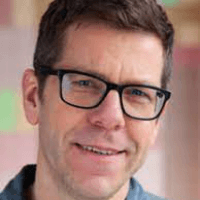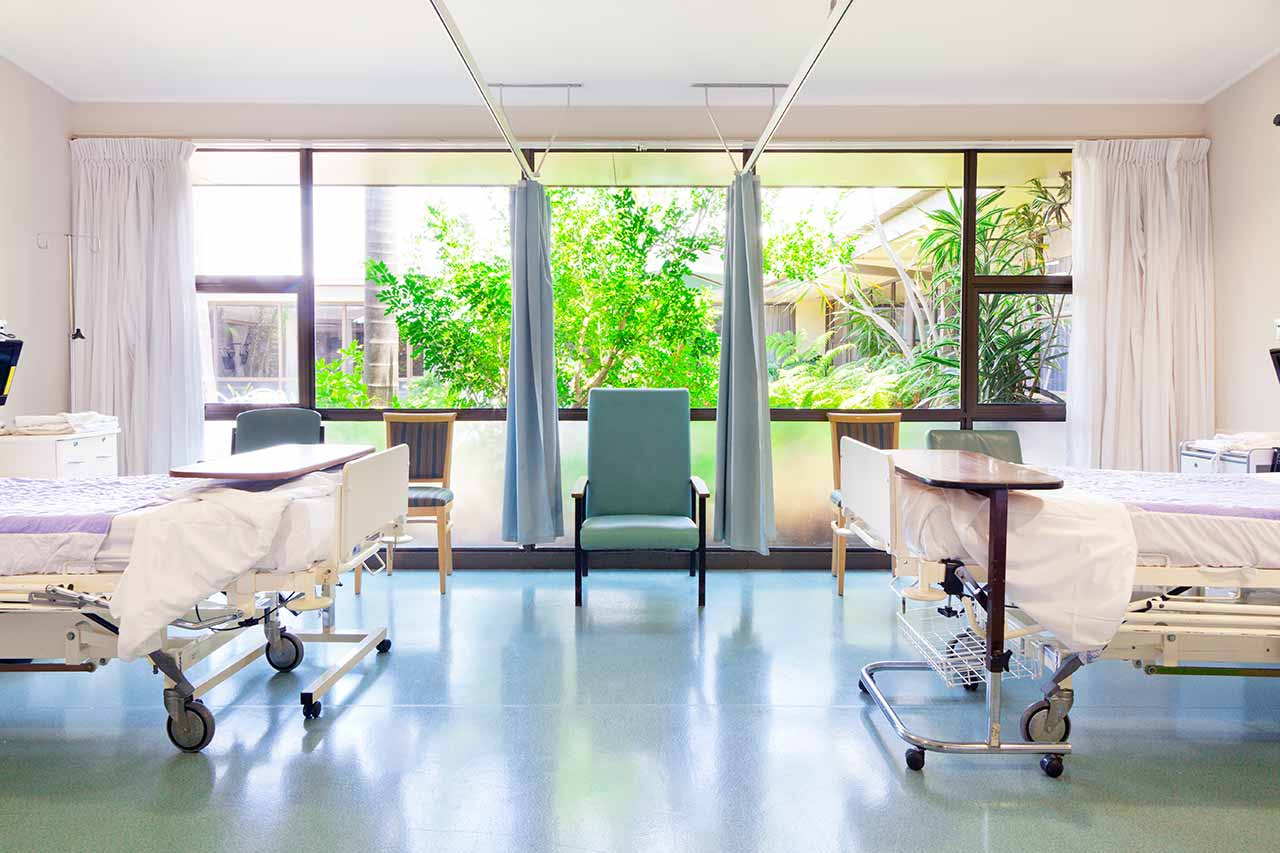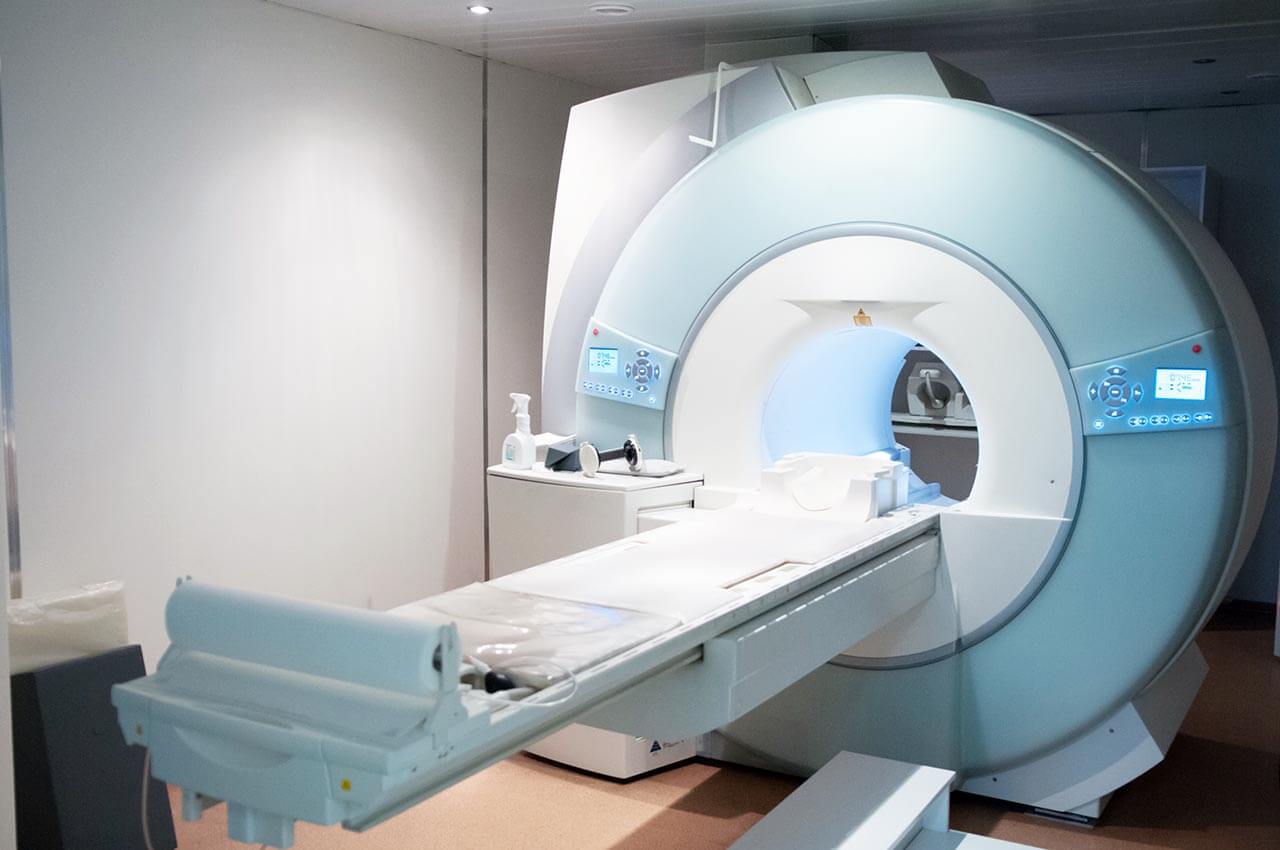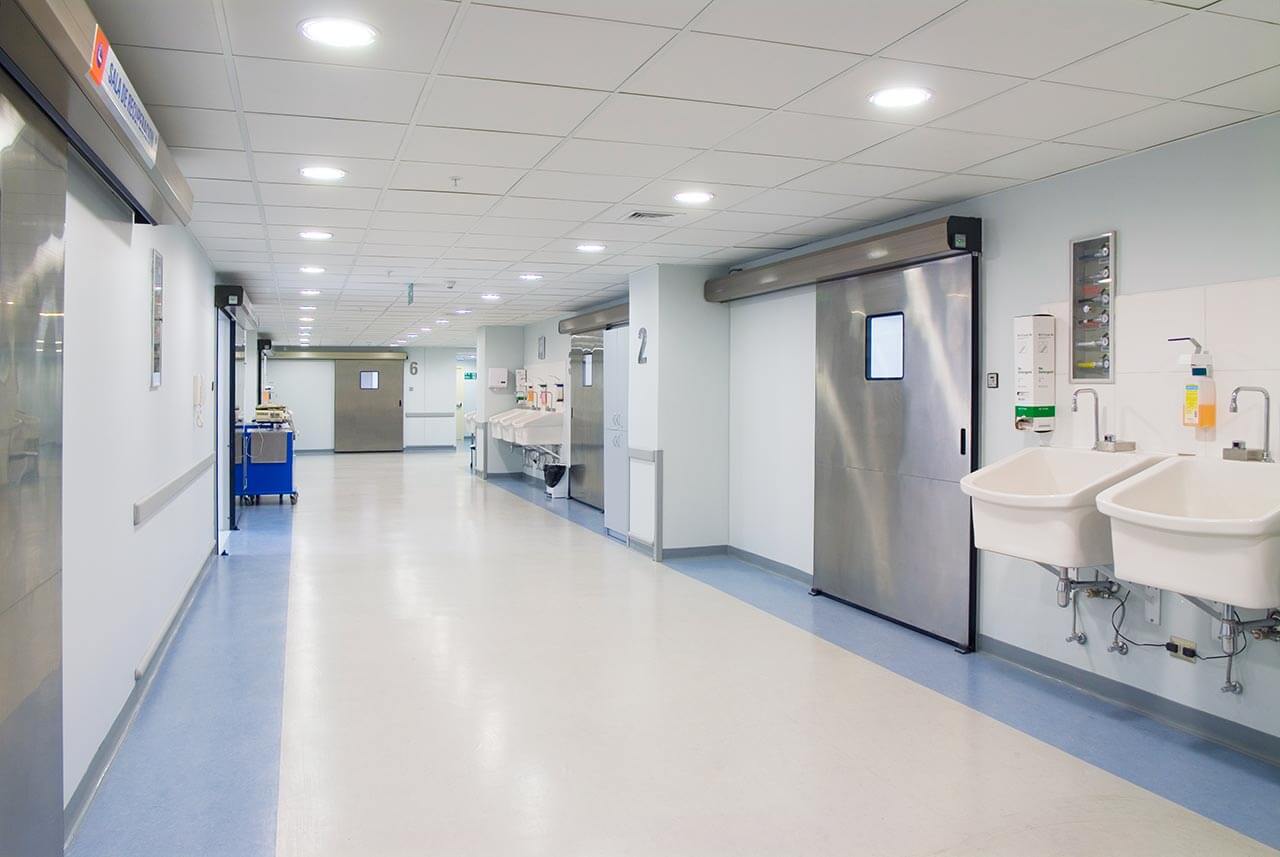
The program includes:
- Initial presentation in the clinic
- clinical history taking
- review of medical records
- physical examination
- neurological examination
- reflexes
- muscle strength
- muscle tone
- senses of touch and sight
- coordination
- balance
- laboratory tests:
- complete blood count
- biochemical blood test
- inflammation markers (CRP, ESR)
- blood coagulation analysis (aPTT, PT, INR)
- ice pack test
- electroencephalography (EEG)
- electroneuromyography (EMG)
- repetitive nerve stimulation
- cerebrovascular doppler ultrasound
- brain CT/MRI
(if indicated clinically, additional cost is 650/1200€) - symptomatic treatment
- the cost of essential medicines
- nursing services
- control examinations
- full hospital accommodation
- explanation of future recommendations
Required documents
- Medical records
- Electromyography (if available)
Service
You may also book:
 BookingHealth Price from:
BookingHealth Price from:
About the department
The Department of Pediatric Neurology and Epileptology at the University Hospital Saarland Homburg offers the full range of medical services in these areas and specializes in medical care for young patients with neurological disorders. Particular attention in clinical practice is paid to the treatment of all forms of epilepsy, which can be provided both on an inpatient and an outpatient basis. Doctors have successful experience in treating cerebral palsy, spina bifida, hydrocephalus, neuromuscular diseases, traumatic brain injuries, chronic headaches, and other pathologies. Pediatric neurologists cooperate closely with the specialists from the Department of Neurology and Epileptology so that children can undergo comprehensive diagnostics and receive the necessary treatment. The department has excellent technical resources for the assessment of the child's neurological function and development, which allows the doctors to perform the most effective treatment. Pediatric neurologists are responsible for conservative therapy for young patients. Should surgical treatment be required, the operations will be performed by neurosurgeons in advanced operating rooms.
The department is headed by Prof. Dr. med. Sascha Meyer. He is a competent pediatric neurologist who was awarded the "Epileptology Plus" Certificate from the German Section of the International League Against Epilepsy.
The primary focus of the department's clinical activities is the treatment of all forms of epilepsy in young patients. Epilepsy is a chronic brain disease caused by increased neural activity. Its main manifestation is epileptic seizures, in which a child has muscle spasms and a loss of consciousness. During the initial appointment, a doctor studies the child's medical history, asks parents about the features of the epileptic seizures, and performs a clinical examination. This is followed by laboratory tests, electroencephalography, and, if necessary, CT, MRI, or PET. When the diagnosis is confirmed, doctors will determine the type of epilepsy and develop an individual treatment regimen. More than 70% of cases of epilepsy in children are amenable to drug therapy. Based on the type of epilepsy, the frequency of seizures, the severity of the pathology, the age of the child, and their general health condition, the department's specialists prescribe the optimal anticonvulsant drug to the child (in most cases, monotherapy achieves the best results). The treatment course is quite long and usually takes several years while the dosage of the drug is gradually reduced. Many young patients are indicated for a high-fat and carbohydrate-restricted ketogenic diet. It is also important to normalize the child's daily routine, monitor the regularity of sleep, and avoid stressful situations.
The department's team of neurologists specializes in treating children with cerebral palsy. A neurological disorder leads to the development of a number of specific movement disorders caused by pathological lesions of the child's nervous system during fetal development, childbirth, or in the first years of life. In addition to movement disorders, children with cerebral palsy often have various forms of mental retardation and speech disorders. To confirm or rule out a diagnosis, the department's specialists gather the child's medical history, clarify the details of the pregnancy and childbirth from the parents, and perform a clinical examination as well as the necessary instrumental tests, such as electroencephalography, electromyography, neurosonography, and magnetic resonance imaging of the brain. Therapeutic measures are aimed at the maximum elimination of symptoms, the prevention of complications, and the adaptation of the child to life in society. An important role is played by physiotherapy, therapeutic exercises, massage to eliminate spasms and prevent contractures, and drug therapy (intake of painkillers, anticonvulsants, antispastic drugs, and other medicines). Children often need classes with a speech therapist and consultations with a psychologist.
The scope of the medical facility's tasks includes the treatment of children with mental retardation. Doctors carry out diagnostics to determine the causes and degree of developmental delay and then select the best treatment option. The specialists cooperate closely with doctors from the Department of Diagnostic and Interventional Neuroradiology, the Department of Pediatric and Adolescent Psychiatry, pediatric psychologists, speech therapists, and physiotherapists.
Thanks to cooperation with neurosurgeons, traumatologists, and KK-01 pediatric resuscitation, children with traumatic brain injuries and polytraumas can receive medical care in the department. After providing first aid, children with such complaints are transferred to the KK-04 section, where they undergo the first stage of treatment and receive further recommendations for their rehabilitation.
The department's specialists also demonstrate excellent results in conservative treatment for hydrocephalus. This pathology causes an accumulation of cerebrospinal fluid in the ventricles or in the subarachnoid space, due to which children may have problems with physical and neurological development. Drug therapy is indicated only for children with a non-progressive open form of the disease, which is usually caused by external factors. In other clinical cases, young patients with hydrocephalus require surgery, which is the responsibility of neurosurgeons.
The department specializes in the diagnostics and treatment of the following neurological disorders:
- Epilepsy
- Cerebral palsy
- Traumatic brain injuries
- Mental retardation, behavioral, and mental disorders
- Congenital malformations of the nervous system (for example, spina bifida)
- Hydrocephalus
- Syndromic diseases of the nervous system
- Tuberous sclerosis
- Neuromuscular diseases
- Other nervous system disorders in children
The department's range of medical services includes:
- Diagnostic methods
- Laboratory tests
- Electroencephalography
- Electromyography
- Electroneuromyography
- Neurosonography
- Ultrasound scans of the blood vessels of the neck and brain
- X-ray scans
- Computed tomography
- Magnetic resonance imaging
- Treatment methods
- Drug therapy with pills
- Injection and infusion therapy
- Physiotherapy
- Therapeutic exercises
- Massage
- Other diagnostic and therapeutic options
Photo of the doctor: (c) Universitätsklinikum des Saarlandes
About hospital
The University Hospital Saarland Homburg is the largest hospital in the city of Homburg and the most important medical facility in the region. The hospital, which currently has 30 specialized departments and 20 institutes, was founded in 1947 and operates on the basis of Saarland University. The hospital plays a leading role in medical education, research, and medical care both in the state of Saarland and throughout Germany. With vast experience in serving foreign patients, the medical facility is also widely known in the international medical arena.
The pride of the hospital is state-of-the-art equipment that allows the doctors to perform high-precision comprehensive diagnostics and the most sparing treatment even if a patient has a severe pathology. Patients are offered innovative medicine based on the very latest scientific achievements. At the same time, the hospital offers many therapeutic methods that are used only in leading medical centers in Europe, including da Vinci robot-assisted surgery, CAR T-cell therapy, TAVI and MitraClip catheter-based procedures, innovative laser procedures, etc. Great importance is paid to ethical and social competence. The hospital is constantly improving the work of its medical personnel and infrastructure to provide medical services that meet the highest standards.
As a multidisciplinary medical complex, the hospital offers highly effective treatment of the full range of common diseases as well as rare and severe pathologies. The efforts of the medical staff, which includes over 600 doctors and 2,000 nurses, are focused on the patient and their unique needs and desires. The doctors always devote enough time to personal communication with their patients, provide them with moral support, and are sympathetic to every life situation.
Photo: (с) depositphotos
Accommodation in hospital
Patients rooms
The patients of the University Hospital Saarland Homburg live in comfortable single, double, and triple patient rooms with a modern design. Each room is equipped with an ensuite bathroom with a shower and a toilet, as well as everything else necessary: a comfortable bed, a bedside table, a TV, and a telephone. In addition, enhanced-comfort rooms and specially equipped rooms for people with disabilities are available for the patients.
Meals and Menus
The hospital offers healthy and delicious meals three times a day: buffet breakfast, dinner with a wide choice of dishes for every taste, and a light supper. The menu features dietary and vegetarian dishes. There is also a cafeteria on the territory where one can taste delicious dishes and have a cup of coffee, tea, or some refreshing drinks
Further details
The standard patient rooms include:
Religion
The hospital regularly hosts catholic and evangelical devine services. The services of representatives of other religions are available upon request.
Accompanying person
During an inpatient program, an accompanying person can stay with you in the patient room or in a hotel of your choice.
Hotel
During an outpatient program, you can stay in a hotel of your choice. The managers will help you choose the most suitable options.





